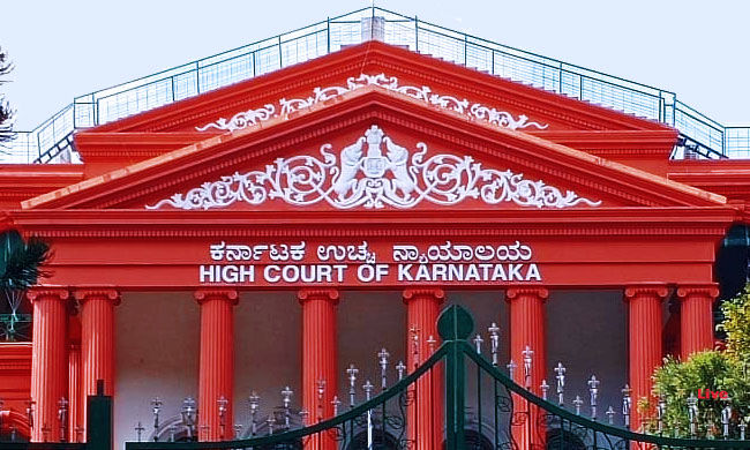Juvenile Justice Act - Ascertain Identity Of Parents Surrendering Child; Inquire Reasons : Karnataka High Court Issues Guidelines For CWCs
Mustafa Plumber
20 Aug 2021 8:01 PM IST

"The action of the parents to surrender their child is very serious and it offends the rights of the child. Therefore in-depth inquiry is required to be made by CWC".
Next Story


